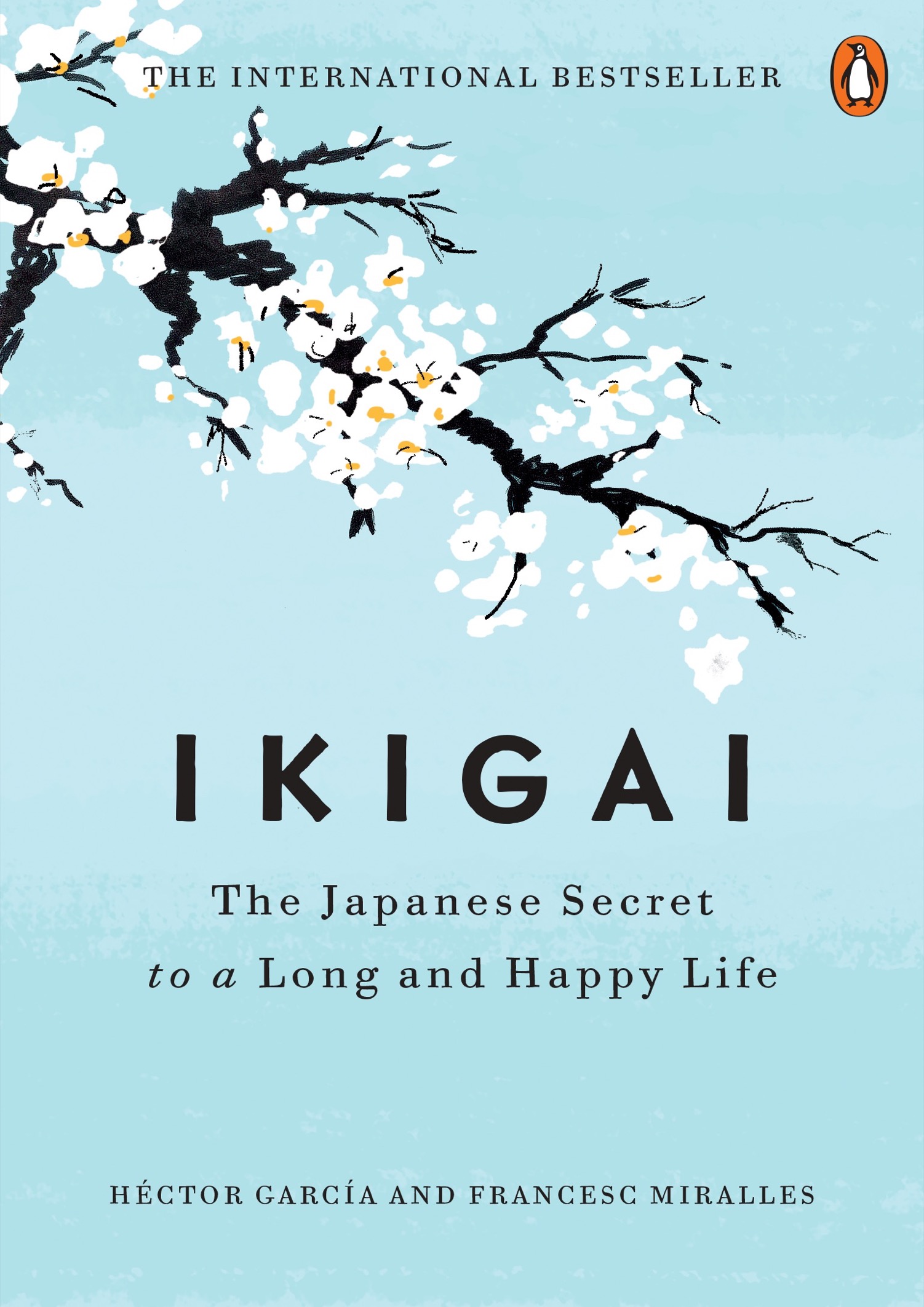In this chapter, the author discusses the concept of ikigai, which is the Japanese term for a “reason for being” or a sense of purpose in life. The author explains that everyone has an ikigai, and finding it requires a patient search.
Don’t Retire!
The author highlights the importance of having a clearly defined ikigai, as it brings satisfaction, happiness, and meaning to our lives. The author observes that many Japanese people remain active even after retirement, as they keep doing what they love for as long as their health allows. The Japanese culture places a strong emphasis on having a purpose in life, and the idea of retirement as it is known in English doesn’t exist in Japan.
The Island of (Almost) Eternal Youth
The author discusses certain longevity studies that suggest a strong sense of community and a clearly defined ikigai are just as important as a healthy diet in promoting longevity. The author references medical studies conducted on centenarians from various Blue Zones, including Okinawa, which is the island with the most centenarians in the world. These studies reveal that people in these regions live longer, suffer from fewer chronic illnesses, have higher levels of vitality, and experience lower rates of dementia.
The Five Blue Zones
The author introduces the five Blue Zones, which are regions where people live the longest. These Blue Zones are Okinawa, Japan; Sardinia, Italy; Loma Linda, California; the Nicoya Peninsula, Costa Rica; and Ikaria, Greece. Each Blue Zone has its own unique characteristics and lifestyle factors that contribute to longevity, such as a healthy diet, regular physical activity, a sense of purpose, and strong social ties.
Factors for Longevity in the Blue Zones
According to scientific research on the Blue Zones, the keys to longevity include having a healthy diet, engaging in regular physical activity, finding a purpose in life, and forming strong social connections. People in the Blue Zones manage their time well, consume little meat or processed foods, and drink alcohol in moderation. While they don’t engage in strenuous exercise, they move every day through activities like walking and gardening.
The 80 Percent Secret
The author discusses the Japanese saying “Hara hachi bu,” which advises against overeating and encourages stopping eating when one feels 80 percent full. This practice of not overeating is believed to contribute to better overall health and longevity. The author also highlights the importance of how food is served, with the Japanese tradition of presenting meals on small plates, which can help control portion sizes.
Moai: Connected for Life
The author describes the moai, an informal group in Okinawa where people with common interests come together and support each other. The moai originated as a way for farmers to share best practices and help one another during difficult times. Members of a moai make monthly contributions, which are then used for group activities and to provide financial support to members in need. The sense of belonging and support from a moai contributes to emotional and financial stability, thereby increasing life expectancy.
In conclusion, this chapter introduces the concept of ikigai and highlights the importance of finding one’s purpose in life. The author emphasizes the significance of community, healthy lifestyle practices, and forming strong social connections as factors contributing to longevity. Subsequent chapters will delve deeper into these topics, with a particular focus on Okinawa and its Village of Longevity.
If you like to read the full book grab it here
